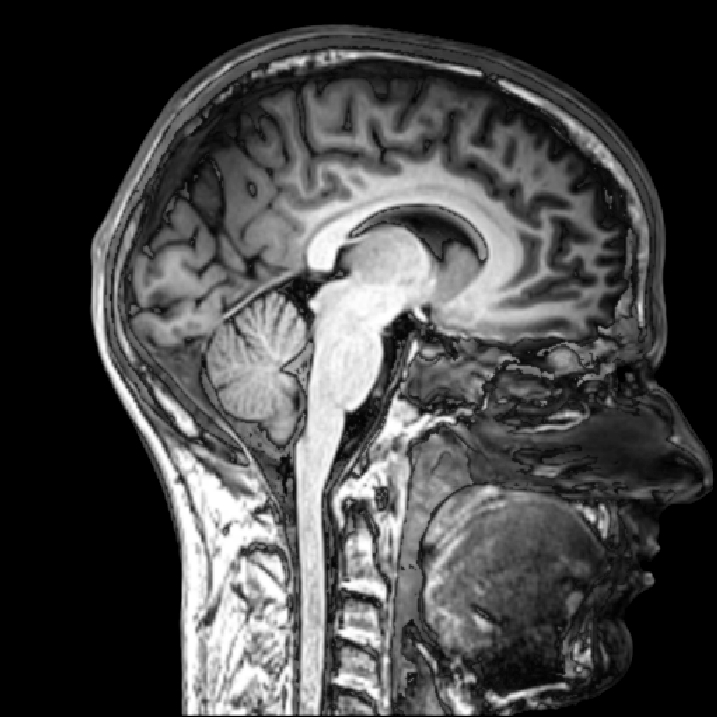I’m in the middle of my 4 week musical fast, which is being done for a BBC Radio 4 Documentary Giving up Music for Lent (broadcast 16th March, 4pm). What is happening to the tunes swirling around my head is fascinating.

Repetitive tunes that get stuck in the brain are called earworms. Mine mostly take on two forms. First, a word or event triggers an association with a tune, for example Mel Brookes was on the radio this morning and I immediately heard Springtime for Hitler from The Producers. Research by Victoria Williamson and colleagues have shown that this is a common form. Victoria’s research has shown that short, catchy tunes are more likely to stick (e.g. good hook, simple sing-along-ability). The second type of earworm I have is bits of music that I’ve intensively learnt for the saxophone. Unsurprisingly, repeat a phrase hundreds of times in practice, and it gets lodged in memory.
When I started trying to avoid music, my interior Jukebox seemed to go into overdrive. It was like my brain was trying to compensate for the lack of external music. What I found in those early days is I had to try hard not to start humming along because I was desperate to externalize the sound. When I let a few notes out by accident, I also noticed how much more satisfying it was than just imaging the tune inside my head alone. Boris Kleber and colleagues have researched the difference between overt and imagined singing by getting classical singers to perform arias in a brain scanner. They found some differences in the areas of the brain that were activated depending on whether the subjects imagined or actually sung the tune. I’ve been thinking about why it appeared to be more satisfying to vocalize the tunes, and I wonder if it as simple as the stimulus being more potent when it involves more of the body.
Over the first week of the musical fast, my inner musical voice died down, and now I only occasionally hear tunes in my head. I’m now wondering whether I should try and completely suppress this internal jukebox. Would I be able to do this? What might happen?
Follow me
0 responses to “Inner Jukebox”
“I wonder if it as simple as the stimulus being more potent when it involves more of the body.” – I would assume this is down to feedback and positive reinforcement.
There’s some interesting, and amusing, commentary on music memory and MRI scans in Robin Ince’ and Michael Legge’s Vitriola 3: Soundtracks podcast
https://soundcloud.com/vitriolamusic/vitriola-3-soundtracks-finally
Starts 2min in
Good luck with the rest of lent. I’ve done No Music Day before but never a whole month.
I commend you, I could not do it. Fascinating to follow your experience though!
I would like to add one strange (for me) feature of my brain. I’ve got so-called ear-for-music, and it makes me some troubles sometime. For instance, when I’m busy of careful thinking about the problem and the same time hear any music (even and especially nasty) this music imposes me so, that I begin humming it or imagin it long time. And I can’t stop it!
I think its cool you can are imagining it seems, the sax as an “inner voice” if youll allow me to call it that. And a specific melody as well. Since I am a musician I think it is the original songs I would be able to recall the best (the melodies, definitely). I’m wondering if its the case with your sax recall, is it music recalled from repition or something else? For example, does the memories associated with the sax relate to a musical foundation with which you build on? Ive commented before, read your book as well. This experiment is a great undertaking!!!
In the blues they called it the railroad, you’ll see anything in nature swinging back and forth, rocking and a rolling.
When I walk down the street, it often makes a beat.
No heartbeat = officially pronounced dead.